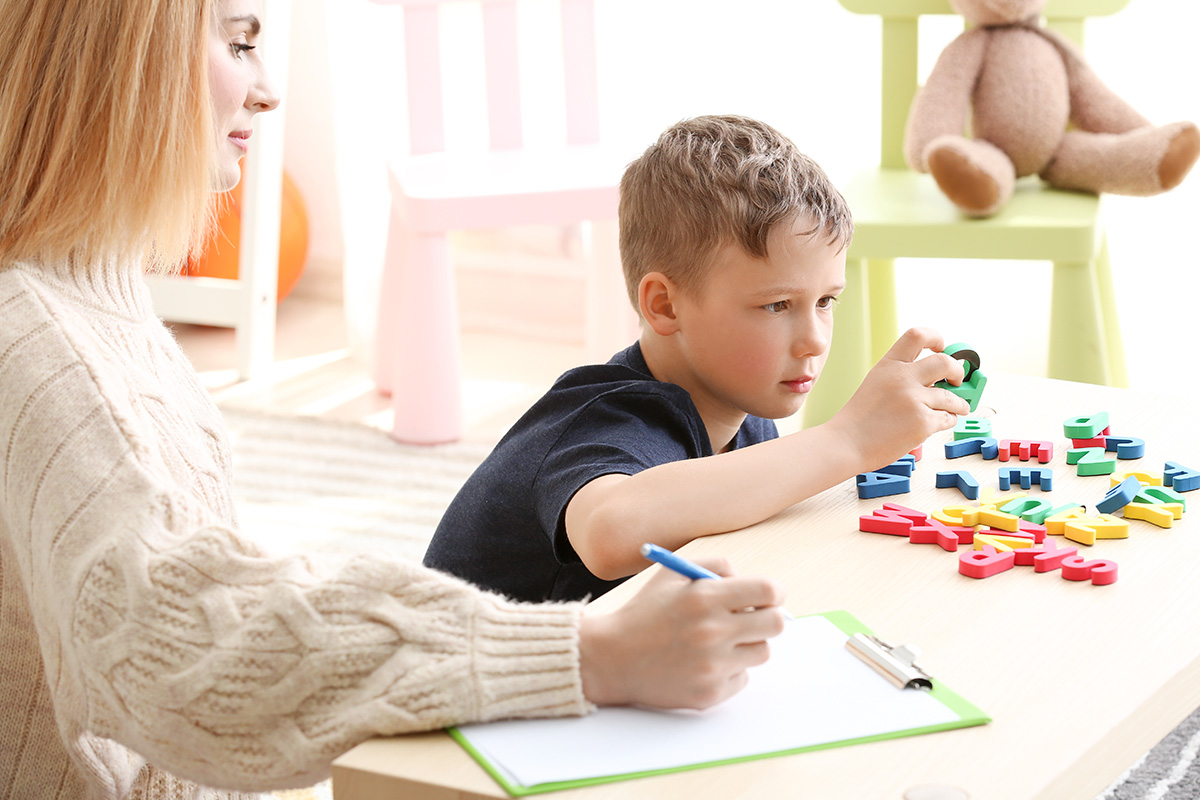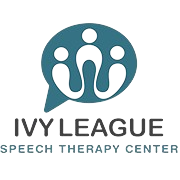How can I tell if my child has a problem with receptive or expressive language?
Receptive and expressive language disorders are a type of communication disorder. A child with a receptive language disorder may have difficulty understanding or processing words. A child with an expressive language disorder may have difficulty with expressing meaning or messages to others. It is also possible for children to have both kinds of disorders, called mixed receptive-expressive disorder.


